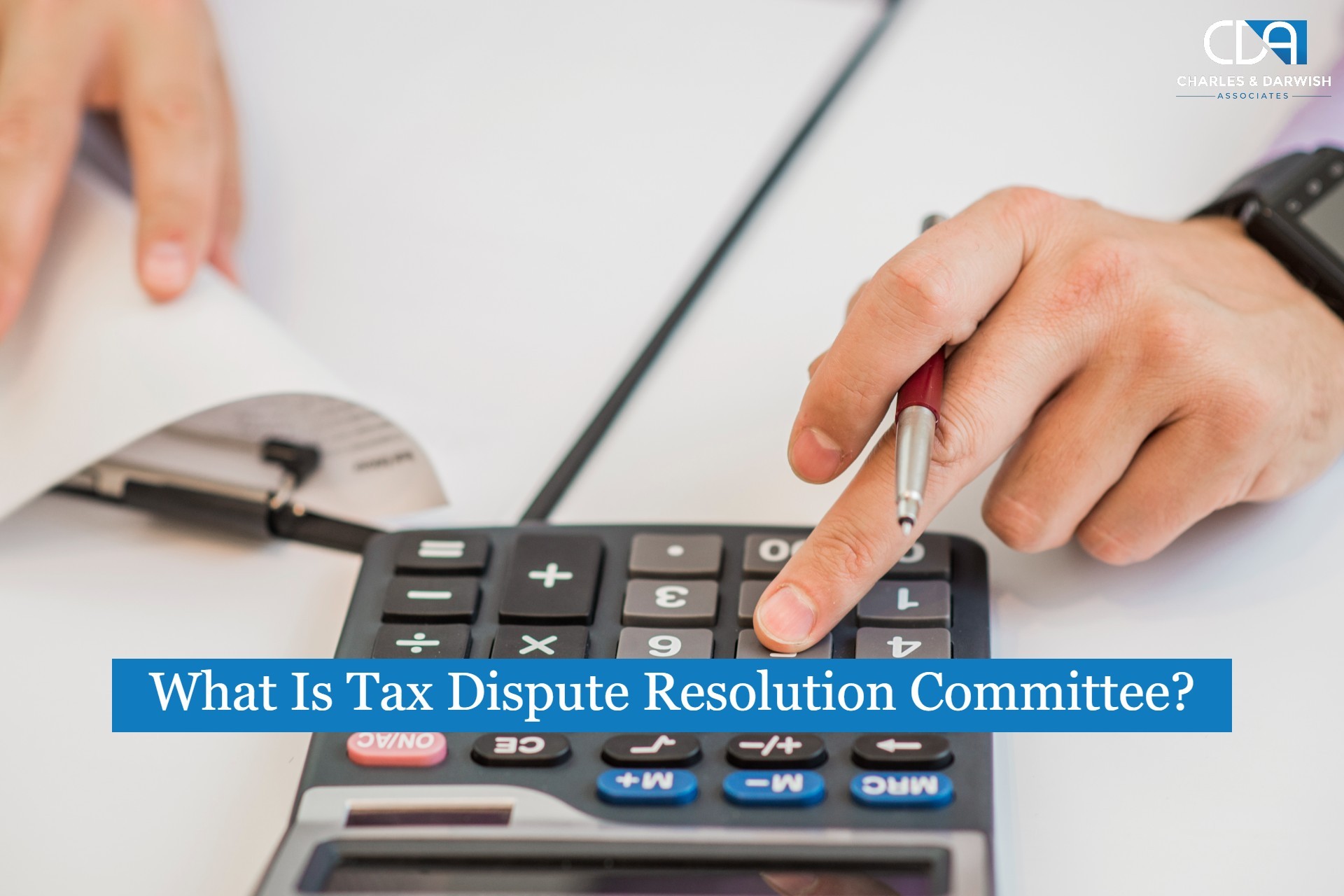Why Cryptocurrency Bookkeeping Essential?
With the rise in popularity of crypto assets around the world, one might wonder how these assets are accounted for. Crypto asset bookkeeping is an important aspect of any company's accounting. Such accounting needs to be done in compliance with the accounting standards, which are complicated in this regard. Through this article, we intend to shed light on the appropriate accounting procedures for all your cryptocurrency bookkeeping needs.
What is meant by a cryptocurrency?
To understand the accounting of cryptocurrencies, one first needs to understand what crypto currencies are. Cryptocurrencies can be defined as a type of virtual or digital currency. They work on a decentralised network-based distributed ledger system. These networks’ function using blockchain technology. These are unstable investments prone to high price volatility. Examples of cryptocurrencies include the infamous Bitcoin, Ethereum, Litecoin, Zcash, etc.
Why is bookkeeping necessary?
Bookkeeping of cryptocurrencies is important for any business, as bookkeeping helps a business evaluate its performance, summarise its transactions, and determine its sustainability. Because the IFRS does not specify any standards for accounting for cryptocurrencies in particular, accounting for them is a difficult task for accountants. Due to this reason, the accounting treatment of cryptocurrencies varies in different scenarios.
Accounting for cryptocurrencies may be done keeping the following standards and regulations in mind:
- Inventories (IAS 2)
- Intangible Assets (IAS 38)
- Cash and Cash Equivalents (IAS 32)
- Presentation of Financial Statements (IAS 1)
- Event after the Recording Period (IAS 10)
IAS 2-Inventories
IAS 2 is applied when cryptocurrencies are held for sale in the ordinary course of business. It defines inventories as assets:
- Held for sale in the ordinary course of business
- In the process of production of such sale or
- In the form of materials or supplies to be consumed in the production process or the rendering of services.
Depending on the business model of the company, crypto currency may be treated as inventory. For instance, if an entity holds an evaluation of cryptocurrency in the ordinary course of business, it will be treated as inventory.
IAS 38: Intangible Assets
According to IAS 38, intangible assets can be identifiable non-monetary assets without physical existence. An asset is considered separable if it can be separated from the entity and transferred, licensed, sold, exchanged, etc. According to this definition, cryptocurrency meets the requirements to be considered an intangible asset as it can be transferred and traded on an exchange. As they are also subject to price variations and variations in value, they are non-monetary. As a result, "intangible assets" may be the most appropriate classification for cryptocurrencies.
You can also read: What is the Future of Crypto Assets Regulation in UAE?
IAS 7: Cash and Cash Equivalents
As cryptocurrencies are digital money, one might assume that it is appropriate to classify them as cash and cash equivalents, but that is not the case as they do not meet the requirement that they "can be readily exchanged for goods or services" as defined by IAS 7. The definition of cash and cash equivalents in IAS 7 is 'short-term, highly liquid investments that are readily convertible to known amounts of cash and which are subject to an insignificant risk of change in value'. Furthermore, cryptocurrencies do not meet this definition because they are subject to high risks and price volatility.
IAS 10- events after the recording date
IAS 10 requires entities to disclose any significant non-adjustment events that occur after the reporting dates. Hence, changes in the fair value of cryptocurrencies after the reporting period need to be analysed to determine whether they are of such significance that they need to be disclosed, as these may affect the economic decisions made by the users of financial statements.
IAS 1: Presentation of Financial Statements
IAS 1 requires an entity to disclose judgements that the management has made regarding the treatment of assets held by it. In the case of cryptocurrencies, if judgements related to them have a significant impact on the financial statements, then they need to be disclosed.
Even though cryptocurrency bookkeeping is critical, there are currently no specific guidelines in place. Due to the rapidly evolving nature of and advancements in crypto assets, accountants have to use the above-mentioned regulations to the best of their judgement while bookkeeping cryptocurrencies.
How can CDA assist you?
CDA, with its experienced team, can assist you in summarizing your cryptocurrency transactions and recording them in line with the accounting standards and regulations laid out by the authority. Experts at CDA are well versed with the accounting standards and their implementation; hence, the complexity related to the bookkeeping of cryptocurrency transactions can be simplified with the bookkeeping services of CDA. CDA not only provides you with bookkeeping services but also fulfils all of your accounting and auditing needs. To know more about our services, approach our experts now.

Mark Thompson
Full-stack Developer, Blogger, and Tech Enthusiast.
Mark specializes in digital marketing, SEO, and content strategy.













